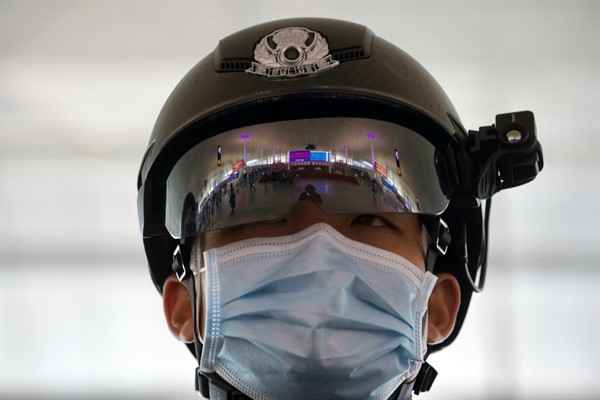The dusty border town of Taftan in western Pakistan is a frequent stopover for religious pilgrims. Many members of the country’s Shiite minority pass through it en route to visit holy sites in neighboring Iran. But after Iran emerged as one of the countries hit hardest by the coronavirus, the Pakistani government set up a quarantine camp in Taftan to prevent further movement, inadvertently turning the town into an epicenter for the spread of COVID-19. Testing in the camp is sporadic at best, while health facilities are abysmal. Many pilgrims reportedly paid bribes to escape back into Pakistan, and as recently as the end of March, hundreds of people were still crossing the border at Taftan, despite rules to prevent them. Some officials in the region believe that 95 percent of Pakistan’s coronavirus cases are due to “mismanagement” at the Taftan camp.
There are countless other stories around the world detailing how corruption has undermined the fight against the novel coronavirus. They include dodgy procurement contracts that were fast-tracked through the approval process under emergency measures in Slovenia, cops soliciting “coronavirus risk allowances” from citizens in Zimbabwe, and contractors overcharging for supplies in Colombia. In the U.S., senators have been accused of capitalizing on the crisis to make a killing in the stock market, while President Donald Trump has openly used political loyalty as the basis for distributing life-saving medical equipment to states. Trump has also brazenly tried to undermine the independent federal watchdog established by Congress to oversee the implementation of the $2 trillion coronavirus relief law.
Deep-seated corruption within governments around the world has decimated their ability to deal with pandemics. Problems range from counterfeit drugs to price gouging to shady procurement processes. Even before this outbreak, Transparency International estimated that corruption in the health sector costs at least $500 billion a year and kills hundreds of thousands of people worldwide. One study found that in 2011, $98 billion was lost to fraud within Medicare and Medicaid alone in the U.S. During the Ebola outbreak in Liberia, I saw firsthand how citizens had to pay bribes to access health care, and how a lack of accountability in government expenditures to contain the disease led to thousands of deaths.

